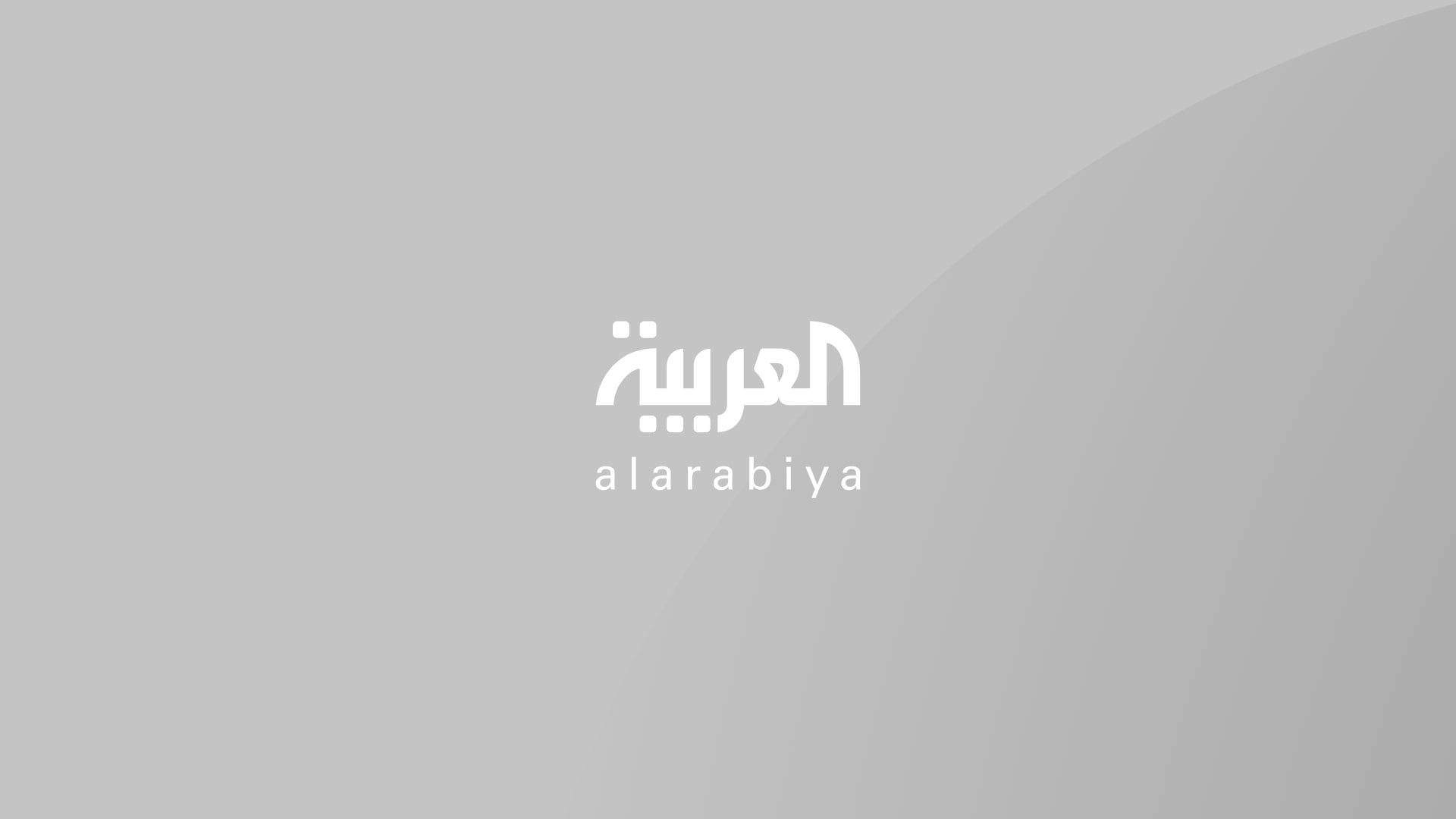Vision 2030: Saudi Arabia is not all about oil
We bid oil farewell, and welcome a future that unites responsibility, achievement, stability and wellbeing
Saudi Deputy Crown Prince Mohammad bin Salman’s interviews with Bloomberg and Al Arabiya news channel, and his launching of Saudi Vision 2030, clarified his image as someone who has worked silently in recent months to develop an ambitious plan for the future. He has laid out a roadmap to realize society’s aspirations, including the economy, culture, arts and entertainment. The people heard him say what they wanted to say.
In 2002, British petroleum geologist Colin Campbell - who worked in global oil companies and discovered several oilfields worldwide - published a study entitled “The End of the Oil Era.” He wrote: “Production conditions will confront significant difficulties long before extracting the last drop of oil.”
This inevitable scenario has upset researchers in development because as much as oil has contributed to global development, serving people and improving medicine, livelihoods, economies and education, it has also influenced values. Vision 2030 comes from a quest for a non-oil strategy to be prepared for when oil runs out.
Saudi Arabia was founded without oil, as the prince said, so oil is not sacred to the country. He insists on the importance of convincing society of his vision, and wants it to be made clear to intellectuals, preachers, specialists and social media users so they can explain it to their communities.
This reminds us of his grandfather, King Abdulaziz, who according to his consultant Hafiz Wahbah was also passionate about convincing people of what he was about to do for society. The prince displayed his characteristic for persuasion when he clearly spoke of what ministers and princes must commit to within his vision, and spoke about the importance of fighting corruption within the framework of relevant institutions.
We bid oil farewell, and welcome a future that unites responsibility, achievement, stability and wellbeing
Fahad Suleiman ShoqiranThe vision addresses the economy, the post-oil era, military spending and planning, and social and cultural change by strengthening relations between society and art. The economy is the quickest way to cultural, social and intellectual change, as well as openness to the world.
For decades the world has spoken about Saudi Arabia, where most of the population consists of youths who do not have a voice. However, a young prince - who sees in them an unmatched asset - wants to share his opinions and suggestions, and devise his vision, with them.
“We must pay tribute to all Saudis,” he told Al Arabiya news channel. “We have strong energy, courage, high culture and strong professionalism. We only need to work. We are working to achieve the Saudi Arabia that we want in the future.” We bid oil farewell, and welcome a future that unites responsibility, achievement, stability and wellbeing. The Gulf is not all about oil, as late Minister Ghazi al-Gosaibi once said.
This article was first published in Asharq al-Awsat on Apr. 28, 2016.
__________________________
Fahad Shoqiran is a Saudi writer and researcher who also founded the Riyadh philosophers group. His writings have appeared in pan-Arab newspaper Asharq al-Awsat, Alarabiya.net, among others. He also blogs on philosophies, cultures and arts. He tweets @shoqiran.
-

World reacts to Saudi Arabia’s ‘Vision 2030’
Arab leaders, global economic analysts and the stock markets reacted favorably to ... Middle East -

Full text of Saudi Arabia’s Vision 2030
The Saudi cabinet has endorsed a sweeping set of programs and reforms to be ... Features -

Saudi vision 2030 will help promote the kingdom’s legacy
Saudi Arabia's Vision 2030 shed light on the importance of the cultural and ... Interviews -

Saudi Arabia’s ‘Vision 2030’
Vision 2030 constitutes the roadmap for the kingdom s development, economy and ... Features -

Deputy crown prince promises youth a new Saudi Arabia
Deputy Crown Prince Mohammad Bin Salman announces new programs under the umbrella ... Middle East -

Full Transcript of Prince Mohammed bin Salman’s Al Arabiya interview
The interview, which is the first-ever given by the Prince coincided with the ... Inside the Newsroom
